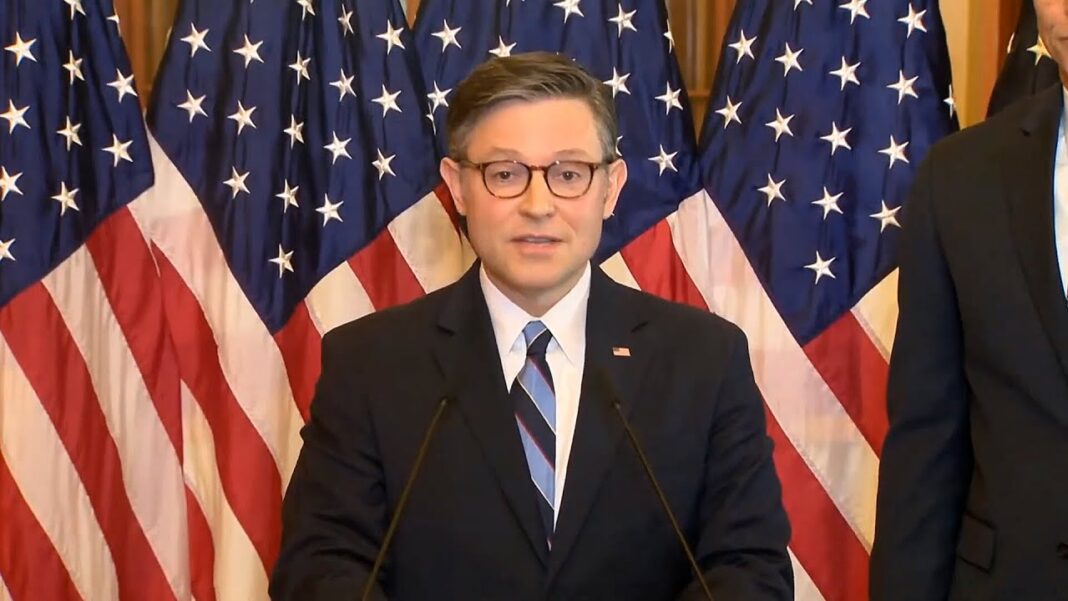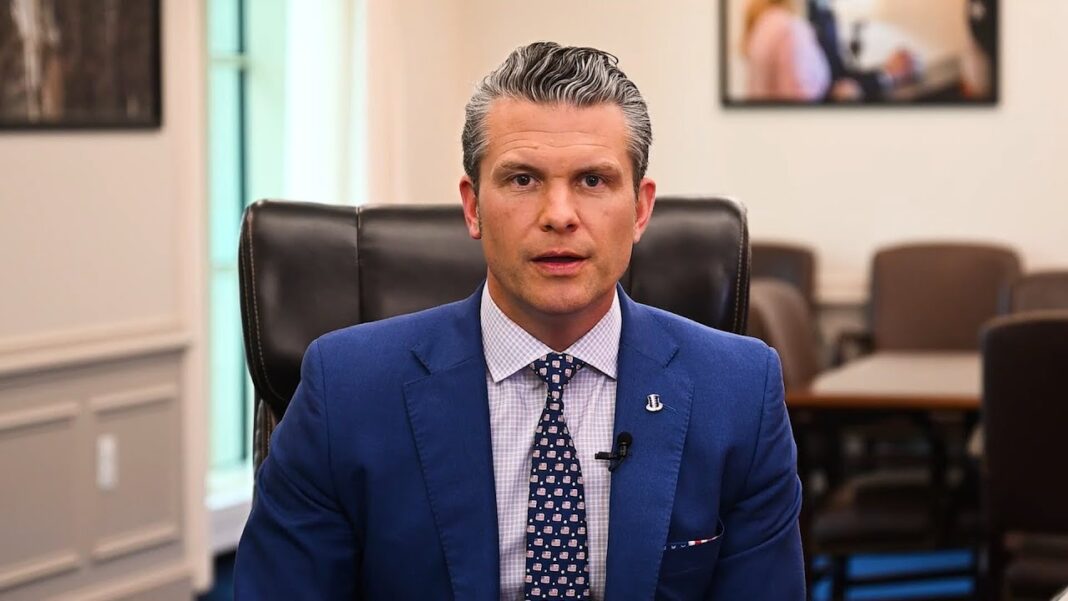U.S. President Donald Trump’s tariff policy isn’t just an economic tool; it’s a declaration of American grit, a refusal to let the nation’s destiny be dictated by foreign factories and globalist elites. This approach is a long-overdue correction to decades of trade policies that hollowed out the heartland, shipped jobs overseas, and left the U.S. vulnerable. Trump aims to rebuild an America that makes things again, stands tall against unfair competition, and puts its own people first. Tariffs are the backbone of that mission, and they make sense because they strike at the root of what’s been ailing the country for too long.
The logic is clear: when you tax imports, say, steel from China or cars from Europe, you give American producers a fighting chance. For years, manufacturers in places like Michigan and West Virginia have been undercut by cheap foreign goods, often subsidized by governments that don’t play by the rules. Trump’s tariffs flip the script, making it costlier to flood the U.S. market with those products. That’s not just about profit margins; it’s about jobs. Factories that shuttered under NAFTA or withered as China joined the WTO could roar back to life, hiring workers who’ve been sidelined by globalization’s relentless march. It’s a vision of self-reliance, where the U.S. doesn’t just consume but creates, fueling a resurgence of the blue-collar backbone that conservatives see as the soul of the nation.
Trump’s not stopping at economics, either. He is wielding tariffs as a weapon to reassert American sovereignty. Take China: their trade practices, from intellectual property theft to dumping cheap goods, have been a slow bleed on U.S. strength. By hitting them with tariffs, Trump’s forcing a reckoning, pushing Beijing to rethink its predatory playbook. He’s after a broader goal: shrinking the trade deficit, which he views as a scorecard of American decline. Every dollar kept here, every job brought back, is a step toward reclaiming economic power. And it’s not just China. Tariffs signal to the world that the U.S. won’t be a doormat anymore, whether it’s Canada hoarding dairy markets or the EU leaning on American consumers without giving back.
Nations aren’t taking this lying down, and that’s proof the policy’s got teeth. China’s retaliated with tariffs on American agriculture hoping to squeeze rural states and turn Trump’s base against him. They’ve misjudged the resolve, though; farmers, backed by federal aid, have largely stood firm, seeing the long game. The EU’s pushed back too, targeting iconic U.S. exports like bourbon and Harley-Davidsons, a jab at red-state pride. Canada’s grumbled about steel duties, but they’ve had to negotiate, knowing the U.S. market’s too big to ignore. These responses aren’t a sign of failure; they show Trump’s shaking the table, forcing countries to deal with a reinvigorated America that won’t bend. Even allies are adjusting, with deals like the USMCA replacing NAFTA under Trump’s pressure, proving tariffs can rewrite the rules in America’s favor.
This is about more than numbers. It’s a rejection of the idea that the U.S. should meekly accept a globalized fate. Tariffs are Trump’s way of saying the American worker, the American factory, and the American flag still matter. Sure, prices might nudge up at Walmart, but that’s a small price for a country that’s been selling itself short. The goal is a nation that stands on its own two feet, not one begging for scraps from foreign supply chains. Other countries can squawk and retaliate all they want. Trump’s betting that in the end, they’ll have to come to terms with an America that’s done playing nice.








